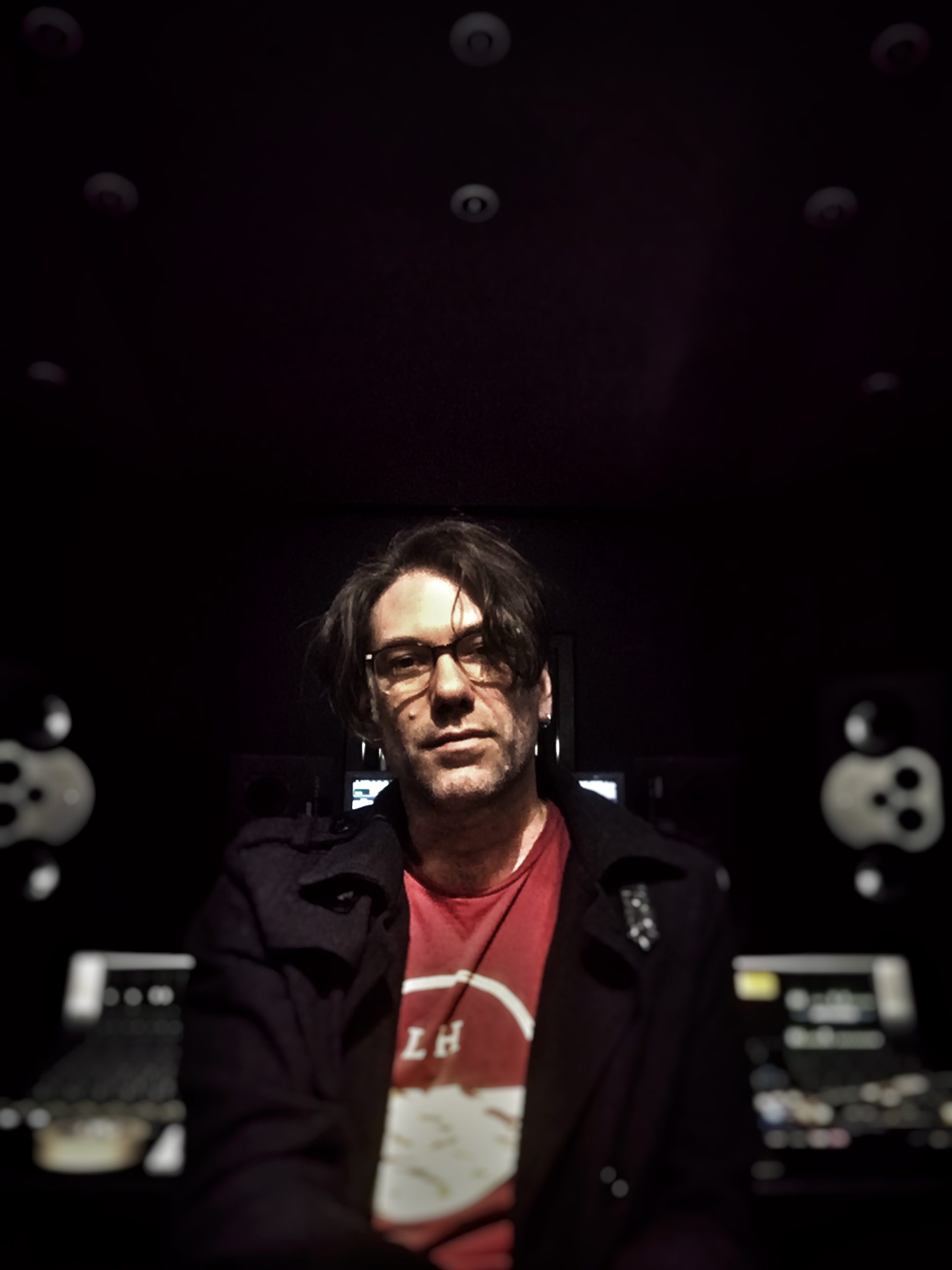Category
audio
Matt Fell, Love Hz Studios
Who or what inspired you through your early years to explore your passion for music and audio?
Thankfully my parents were incredibly supportive of my music career long before it actually became a career.
My father came from a long line of accountants and if I’d chosen that path I would’ve been a 5th generation accountant!
I think he took great pleasure in that chain being broken, that and he loved music as I do.
So they took me along to countless piano, drums, bass lessons and endless gigs, rehearsals and performances.
I grew up in a small town and had no knowledge that a “music industry” even existed.
All I had was my parent’s extensive record collection and a deep love and obsession with playing music at every single opportunity.
What activities did you participate in whilst you were at school to build your career?
In high school I made sure I was in every conceivable band I could be in. Be it Stage Band, Choir, Rock Band….anything.
Outside of that I’d play drums at old time dance halls on weekends with musicians 5 times my age and got a gig playing guitar and singing at a great local restaurant.
Through the exposure that came with that gig I got lots of bookings playing at weddings and functions in the local area.
When you were at school and planning for the next step in further education or training, what were your plans at the time? Did you plan on pursuing audio as a career?
I always knew that music would be my life and career but being again in a small town and in a pre-internet area I had no idea how it would actually happen.
However when I was 16 I heard about a contemporary music degree at Southern Cross Uni in Lismore and I knew that was the place for me to go.
At the time my main focus was bass guitar so I decided to apply for that degree with my major being bass.
At the time I’d had zero recording experience and didn’t even know that music production was a career.
I did however, due to all the solo guitar gigs I was getting, get right into MIDI sequencing and creating backing tracks for these shows.
I didn’t realise it at the time but it was a great rite of passage for me and a real first step into the art of record production.
Learning hundreds of classic songs, breaking them down and programming them into basic backing tracks was a great way to dissect and learn the art of songwriting and arranging.
It was also around this time that one of the music teachers at my school took a keen interest in what I was doing.
He showed me his 4 track cassette recorder (I’d never seen one before) and taught me how to use it.
From the money I earned doing gigs after school hours I bought the cheapest Tascam 4 track I could find and started recording demos of songs I’d written.
This teacher was an incredible influence on me. He could see how serious I was about music and made me solemnly swear that I’d never fall back on a teaching career.
He’d done that, had always regretted it and was determined that I wouldn’t.
Not to say that teaching isn’t a noble profession, it absolutely is. He just wanted to make sure that I didn’t get distracted from my dream of being a full time musician.
It’s not the easiest or most predictable of career paths and it’s so easy when times are tough to take a fallback position and I’m very grateful to him for always reminding me to stay on track.
What steps did you initially take during or after school to develop your career?
Thankfully I was accepted at Southern Cross Uni and went there straight after high school for 3 years.
To say it was an invaluable experience would be a gross understatement.
For the first time in my life I was around like minded people. People like me that loved music and wanted to make it their life’s work.
During that time I had every musical experience imaginable and I loved every minute.
Perhaps the most invaluable part of the degree was meeting people that were planning on moving to Sydney was the course was finished.
One of the most important things in developing a career in music is making contacts. Especially when you’re starting out, contacts are everything.
Luckily for me at the time there was an incredible network of musicians doing the same course at the same time as me and a great number of us moved to Sydney at the same time and supported each other.
Through that circle we all went on to have great careers all over the world.
What do you love about your job?
Mostly I love that everyday is different and every job requires creativity. This stops you from getting complacent or stale.
I don’t know how to do anything else, music has always been my passion and what makes me tick as a person.
To be able to use that everyday is a wonderful gift.
I don’t feel “lucky” that I get to do this because I’ve worked incredibly hard from a very young age to make it happen.
In the music industry you have to make your own luck, it won’t come to you. I do however feel very fortunate that I’m able to do this for a living.
Describe a typical day in the studio for you.
There really isn’t a typical day. One day I could be tracking a live band, the next mixing, the next doing guitar overdubs etc etc.
Ultimately everyday is about completing a finished work of music at whatever stage it may be at.
It’s also very rare for me to have just one project on the go at the one time.
I will often have 3-6 records all in various stages of completion so this can mean working long hours at times to try and keep up.
Also I try and balance recording with occasionally playing live.
In my twenties before I’d really discovered music production my living was almost entirely made up of playing live gigs and recording sessions.
As I got more into production and built up that part of my career I scaled back my live work. However, I find that at this point in my career I still need to play live.
Music production is all about preserving moments that last forever, whereas playing live is the complete opposite. It’s purely in the moment.
You play a note and it’s gone forever.
Having a bit of that in my musical life helps me bring that essence to recording and is extremely valuable.
Also being in the studio for months on end can be incredibly draining and you need to do things outside the studio to keep you fresh and inspired
What are your tips for young people who are keen make a career in audio engineering and sound production?
When I was at university my bass lecturer gave me an invaluable piece of advice which was to “never say no.”
This was my motto for a long time (until I found myself in a position where I was actually able to say no).
So as a result I took every single gig, session and recording experience that was made available to me, regardless of how well suited I was to it.
It wasn’t always easy and some of these experiences I’d class as being almost humiliating but I learned from every single one.
Barely a week goes by now where I don’t find myself in a situation that draws upon one of those many experiences.
For example, last week I got called to play bass on a session for a TV show that was doing Mowtown shows.
I hadn’t played that stuff for years but while I was at Uni we studied it extensively for a year. Even though it’d been a long time I was still able to draw on that learning and apply it.
Making a living in this industry isn’t easy and one of the biggest and most important things is flexibility and having tonnes of it.
Few people (including me) are able to do just the one thing to make ends meet.
I have friends who are the top of tree as musicians for example, playing big sessions and tours but almost all of them have other skills that they use to make their living such as graphic/video design etc.
The more arrows you have to your bow the better.
I’ve found myself in countless situations both live and in the studio where I’ve needed to apply musical knowledge across many different genres and styles.
So don’t limit yourself to one club so to speak.
It can take a long time to get to a point where you can be a full time music producer so take in every experience, go in deep and learn from everything and everyone.
What have been some of the highlights of your career so far?
There’s been so many that it’s hard to put into words. I would have to say that the biggest highlights for me have occurred this year.
I’ve been fortunate to have produced some incredible albums this year with people I love and admire.
Getting to make those types of records is a seriously wonderful thing to experience.
Also I’ve recently been on a national tour with Josh Pyke. I’ve been with him for 10 years now and it’s never felt better. The band is on fire and we’re all feeling it.
To sum it up I think the biggest highlight is simply the fact that I’ve never had to resort to doing anything else. I’ve met and worked with so many great people and it’s been a wonderful journey.
Matt Fell Website – mattfell.com/
Love Hz Studios – lovehzstudios.com/


